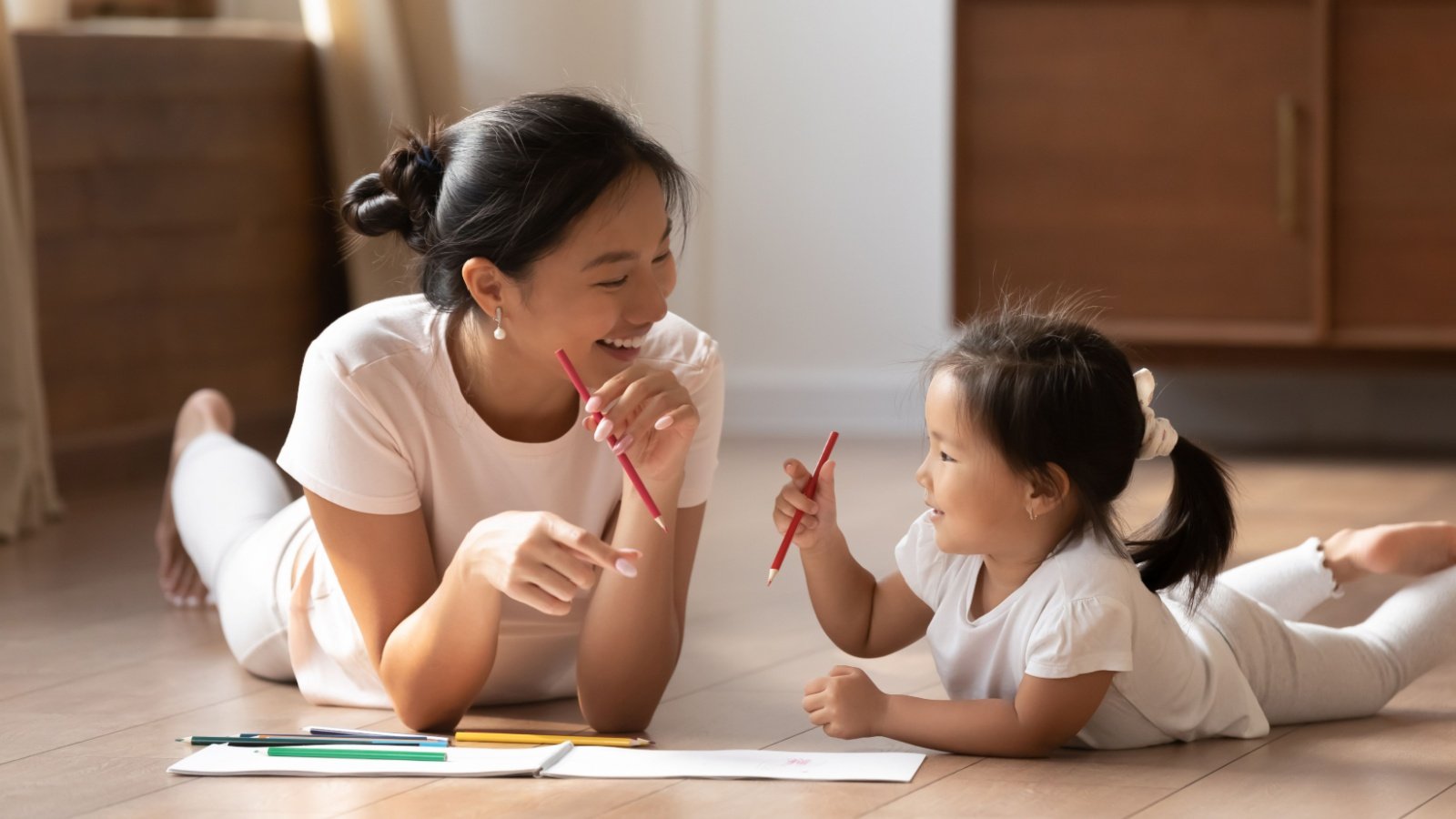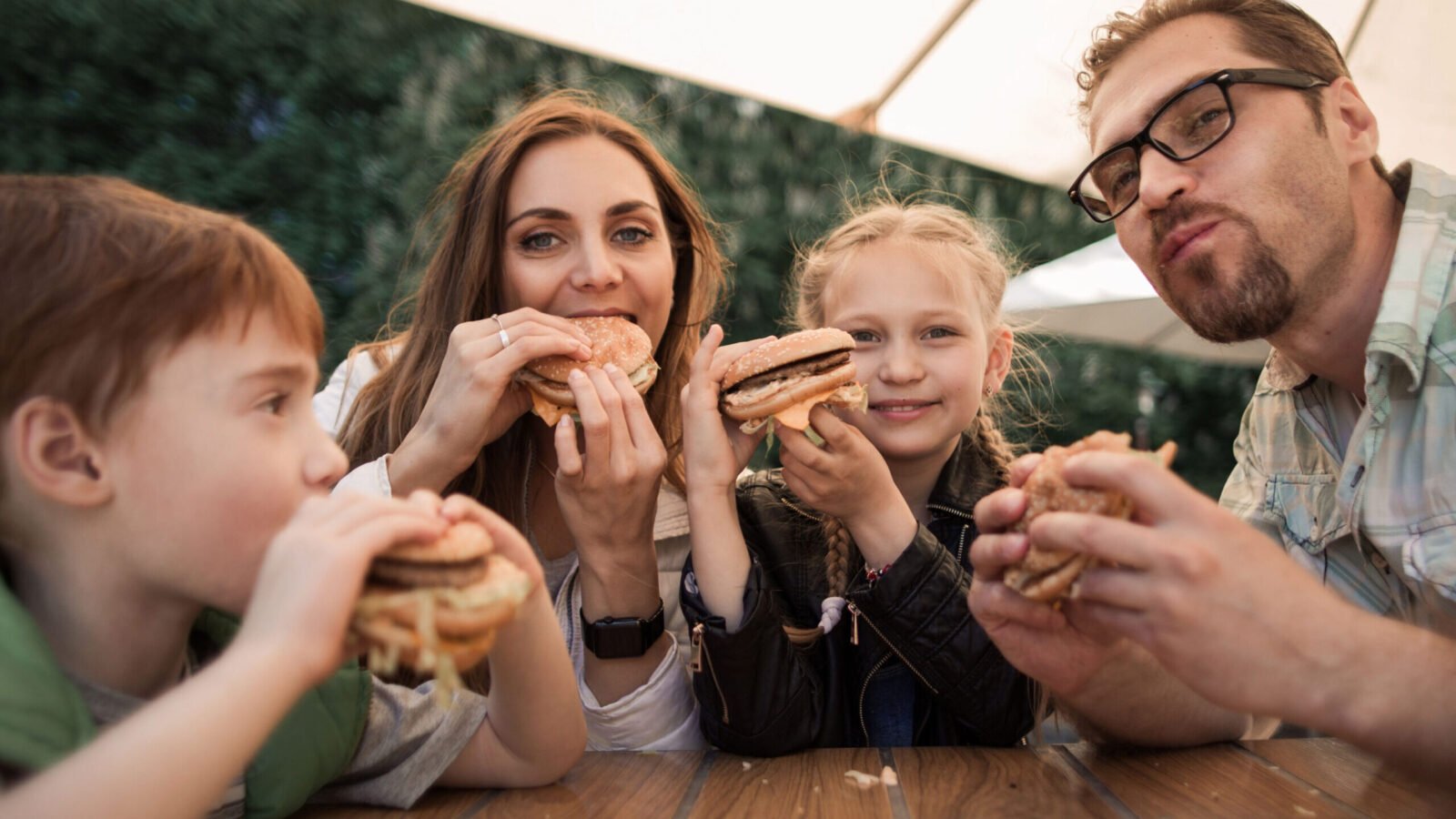From the bustling streets of Tokyo to the serene fjords of Norway, our globe-trotting compilation brings you parenting wisdom. Learn how to infuse your parenting journey with a splash of international flair and a pinch of local tradition.
Norwegian Outdoor Naps

In Norway, it’s common for babies to nap outdoors in their prams, even in cold weather. Parents believe that fresh air, regardless of the temperature, contributes to better sleep and overall health. Bundled up in cozy layers, babies rest peacefully, surrounded by the gentle sounds of nature.
Italian Family Dinners

Italians cherish their family meals, making them a daily ritual. These gatherings are not just about food; they’re about bonding, sharing stories, and enjoying each other’s company. The emphasis is on slow dining and appreciation of homemade dishes, teaching kids the value of family and good food. It’s a time when laughter fills the air and memories are made.
Swedish ‘Lagom’

The Swedish concept of ‘lagom’—meaning ‘just the right amount’—is applied in parenting, too. It encourages a balanced lifestyle, avoiding extremes and promoting moderation. This approach teaches children the importance of contentment and not overindulging, fostering a sense of harmony and well-being. It’s a lesson in finding joy in simplicity.
Kenyan Baby Carrying
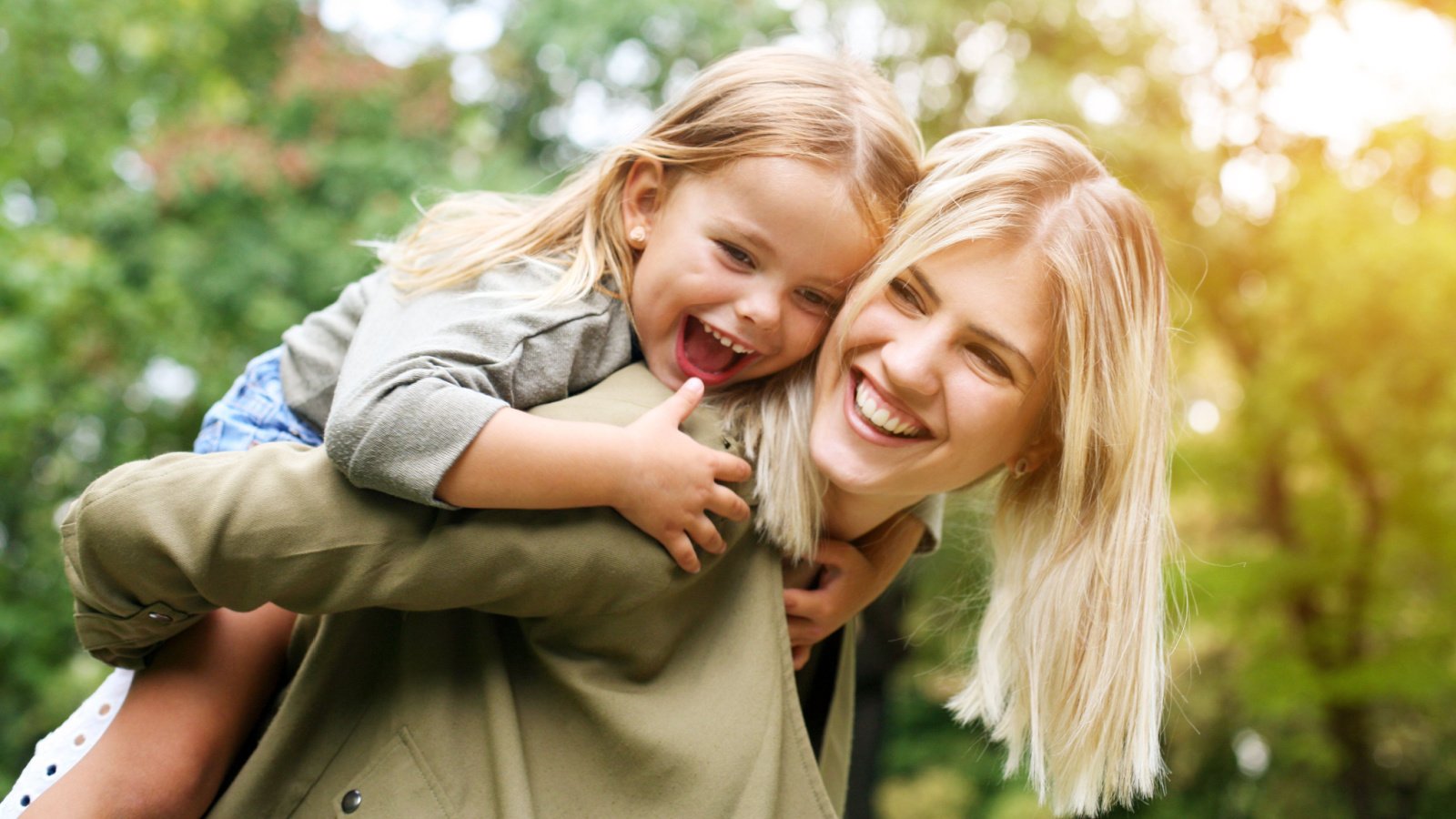
In Kenya, babies are often carried on their mothers’ backs, wrapped in colorful fabrics. This method keeps the baby close and secure and allows parents to continue with their daily tasks. The constant physical contact fosters a strong bond between parent and child, and the rhythmic movements can soothe a fussy baby. It’s a beautiful blend of practicality and affection.
Japanese Lunch Art
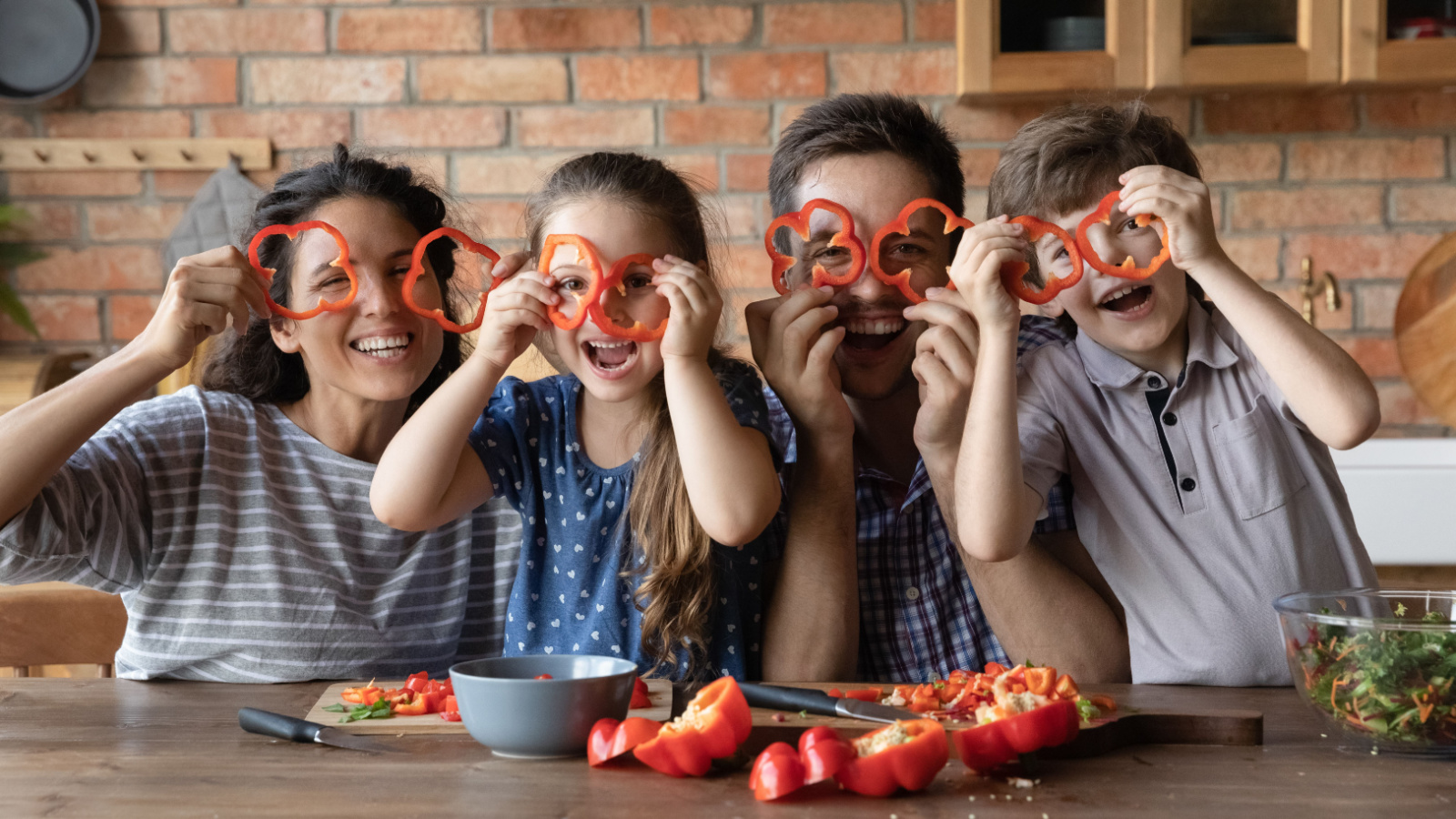
In Japan, parents transform ordinary lunchboxes into works of art, known as “Kyara-ben.” This creative approach turns rice, vegetables, and proteins into favorite characters and scenes, making mealtime an adventure for kids. The joy on a child’s face when they open a lunchbox full of imagination is priceless.
French Culinary Adventures

French parents introduce their children to a wide variety of flavors from a young age. Meals are seen as a journey through tastes and textures, encouraging kids to be open-minded eaters. This early exposure to diverse cuisines fosters a love for food and reduces pickiness. It’s about cultivating little gourmets who appreciate the art of dining.
Indian Storytelling Nights
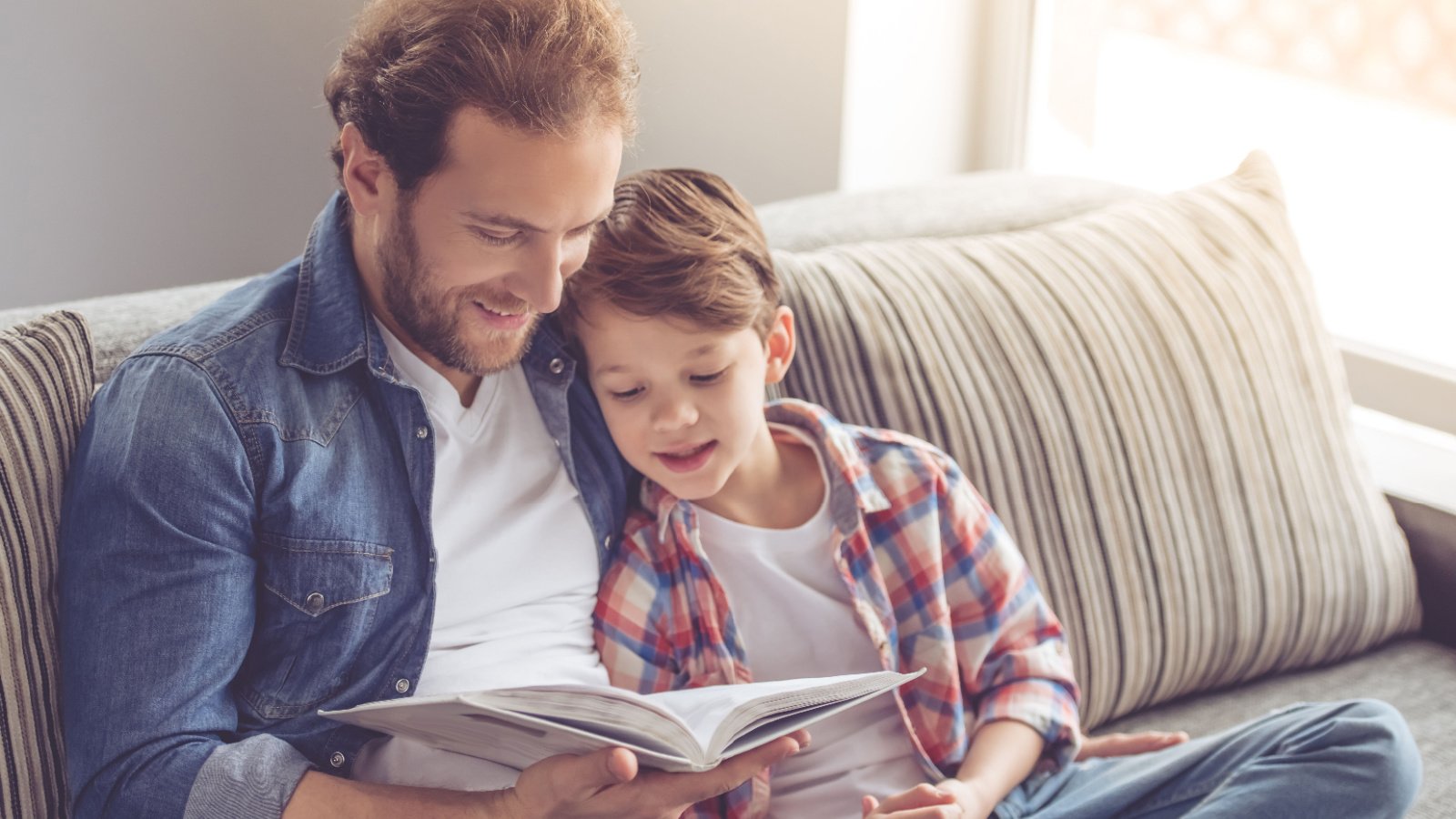
In India, storytelling is a cherished tradition, where myths, legends, and fables are passed down through generations. These nightly sessions are entertaining and instill moral values and cultural identity in children. The stories spark imagination, curiosity, and a love for the spoken word. It’s a magical end to the day, connecting the past with the present.
Finnish ‘Sisu’

The Finnish concept of ‘sisu’ refers to inner determination and resilience. Parents encourage their children to face difficulties with courage and perseverance, viewing challenges as opportunities for growth. This mindset prepares kids for life’s hurdles, teaching them the value of grit and resilience. It’s a powerful lesson in the strength of the human spirit.
Brazilian Beach Play

In Brazil, the beach is more than a place for relaxation—it’s a playground for learning. Through games and exploration, children learn about nature, physics, and teamwork. The open environment encourages creativity and physical activity, promoting a healthy lifestyle. It’s an immersive way to learn, with the rhythm of the waves as a backdrop.
Icelandic Reading Rituals
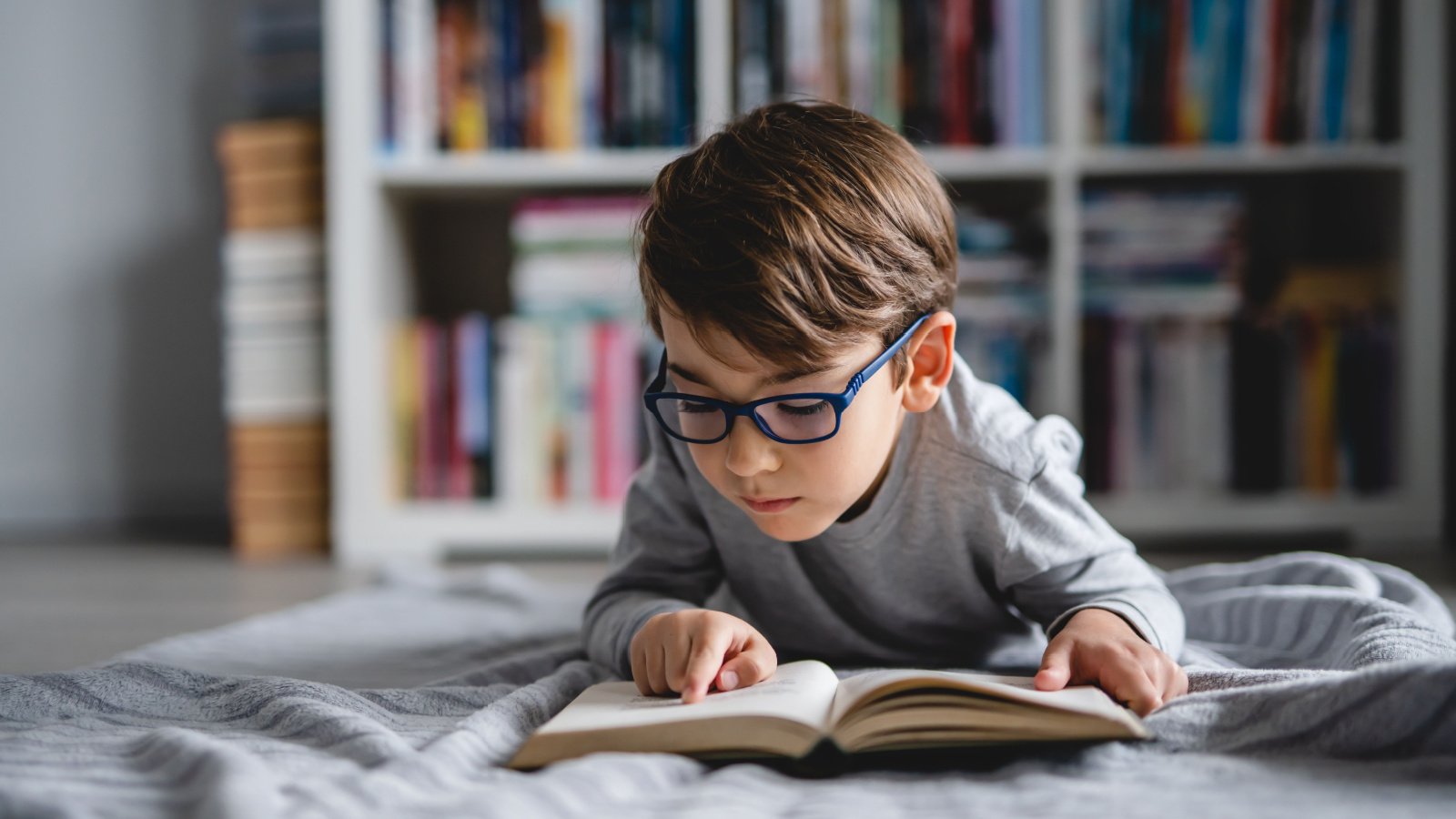
In Iceland, there’s a strong emphasis on reading, especially during the long winter nights. Families spend time reading together, fostering a love for books and storytelling. This tradition not only strengthens family bonds but also enhances literacy and imagination. It’s a cozy way to travel through stories, exploring far-off lands from the comfort of home.
Mexican Music and Dance

In Mexico, music and dance are integral parts of daily life and are introduced to children early on. This exposure to the arts nurtures creativity, coordination, and cultural appreciation. Family gatherings often turn into impromptu dance parties, where everyone, young and old, joins in. It’s a celebration of life expressed through movement and melody.
German Independence

In Germany, children are encouraged to be independent from an early age. Simple tasks like packing their own lunches and using public transport are seen as steps to self-reliance. This hands-off approach fosters confidence and problem-solving skills. It’s about trusting children to navigate their own way, with guidance when needed.
South African Ubuntu

The philosophy of Ubuntu in South Africa emphasizes interconnectedness and mutual support within communities. Children are taught to think beyond themselves, understanding their role in the larger group. This communal approach instills a sense of empathy, cooperation, and responsibility. It’s a lesson in being part of something greater than oneself.
New Zealand Outdoor Exploration
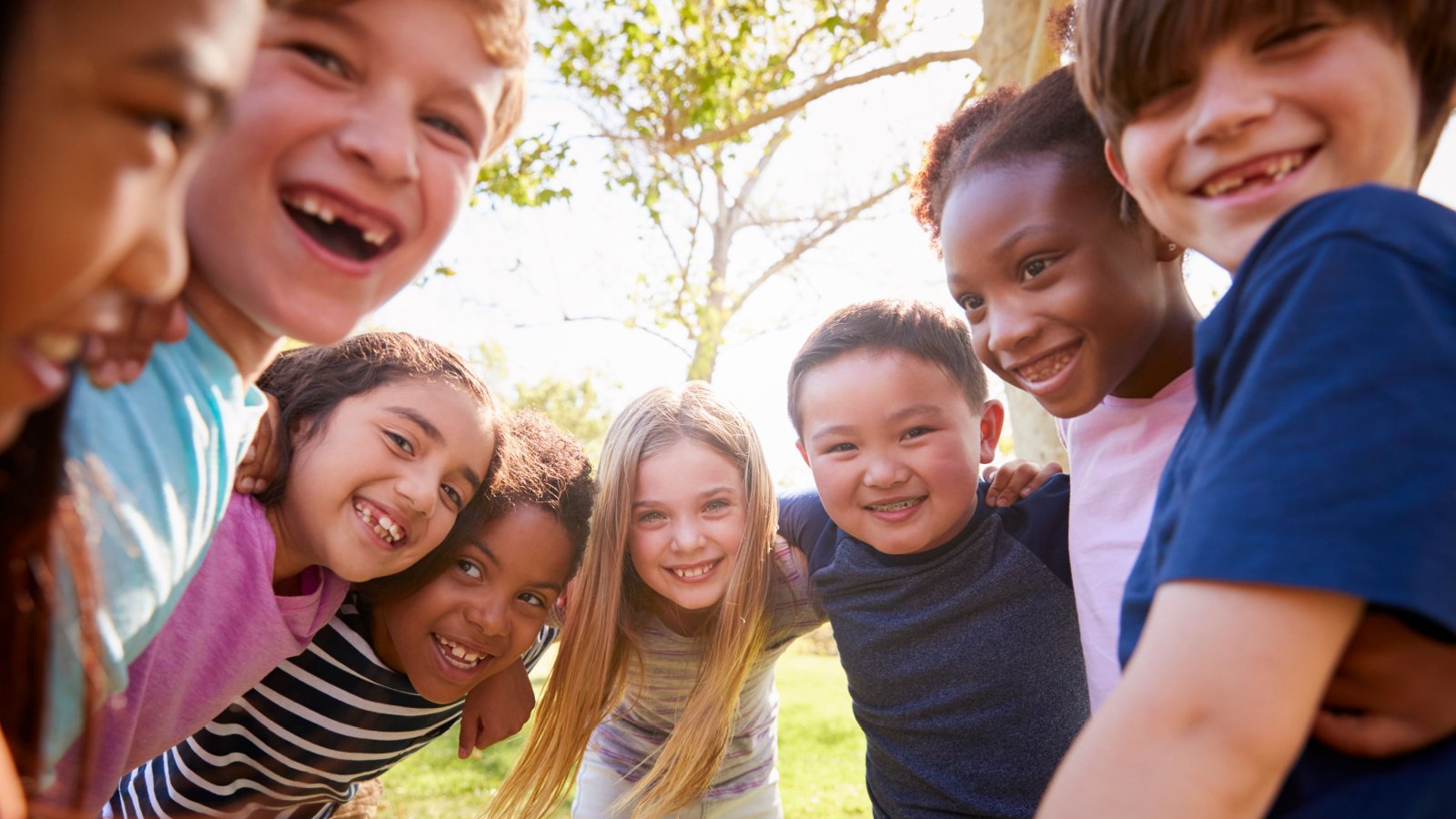
New Zealand’s stunning landscapes encourage outdoor adventures for kids. From backyard camps to hikes in the national parks, children are immersed in nature’s playground. These experiences foster a sense of adventure, respect for the environment, and physical fitness. It’s about discovering the thrill of exploration, one adventure at a time.
Turkish Teatime Tales

In Turkey, teatime is a daily ritual that brings families together. It’s a time for sharing stories, discussing life, and enjoying each other’s company. This tradition strengthens family ties and keeps the lines of communication open. It’s a warm, comforting practice that bridges generations over a cup of tea.
Canadian Outdoor Sports
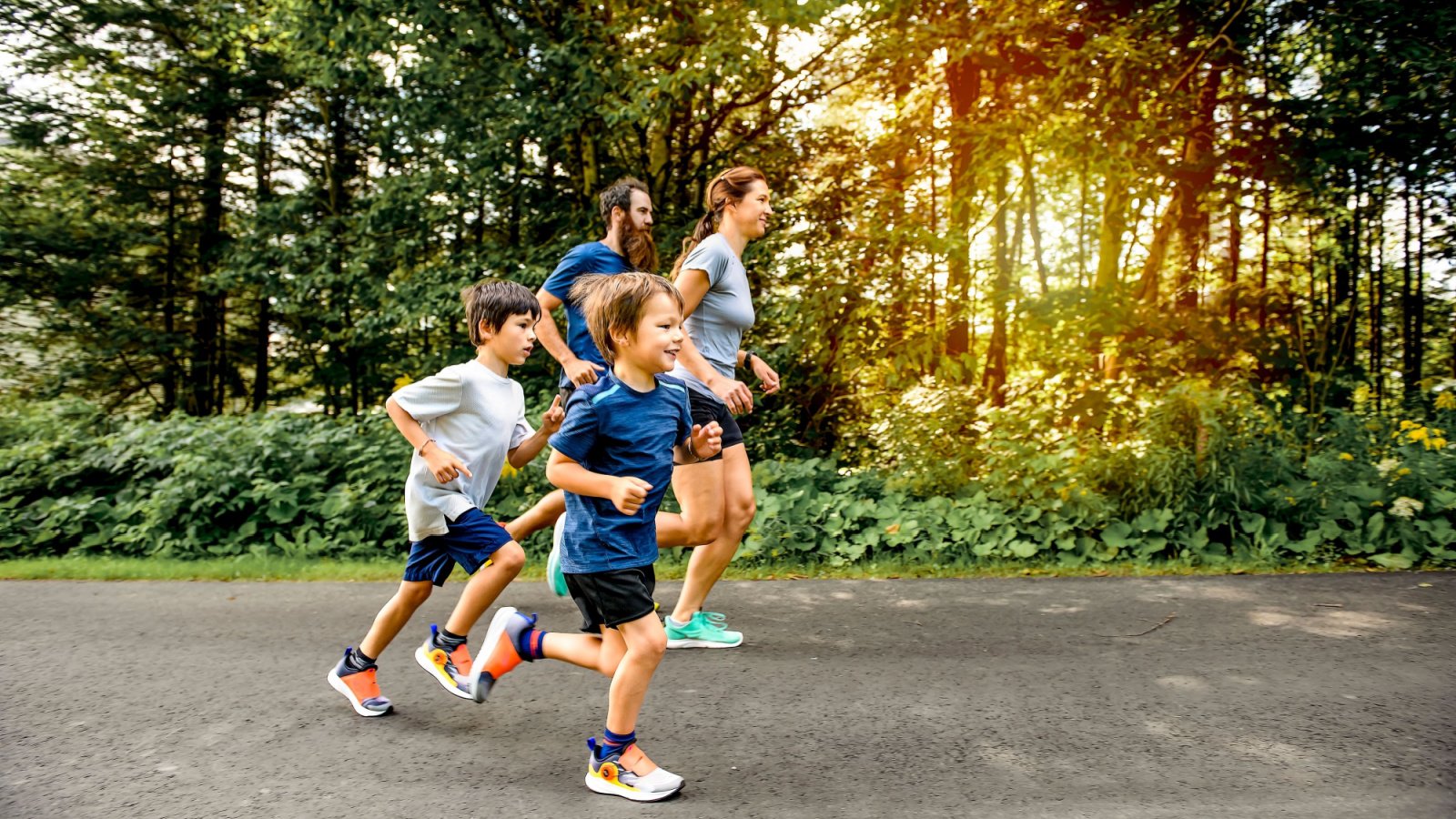
Canadians take advantage of their diverse climate by engaging in seasonal sports with their children. From ice hockey in the winter to canoeing in the summer, these activities promote physical health and resilience. It’s about embracing the beauty of each season and finding joy in the great outdoors.
Dutch Cycling Culture

In the Netherlands, cycling is a way of life, and children are introduced to bikes at an early age. This practice fosters independence, physical fitness, and environmental awareness. The freedom of pedaling through the city with the wind in your hair is a cherished part of Dutch childhood. It’s a simple pleasure that connects families with their community.
Bhutanese Meditation

In Bhutan, meditation and mindfulness are practiced from a young age, promoting mental well-being and focus. Parents guide their children in simple meditation techniques, creating a serene start to the day. This practice encourages inner peace and emotional regulation, offering a tranquil refuge in the hustle and bustle of life.
Australian Volunteer Work

Australians encourage their children to engage in volunteer work, instilling a sense of community and compassion. Whether it’s beach clean-ups or helping at local shelters, these activities teach the importance of giving back. It’s a hands-on way to learn about empathy, teamwork, and the impact of small acts of kindness.
Russian Language Love
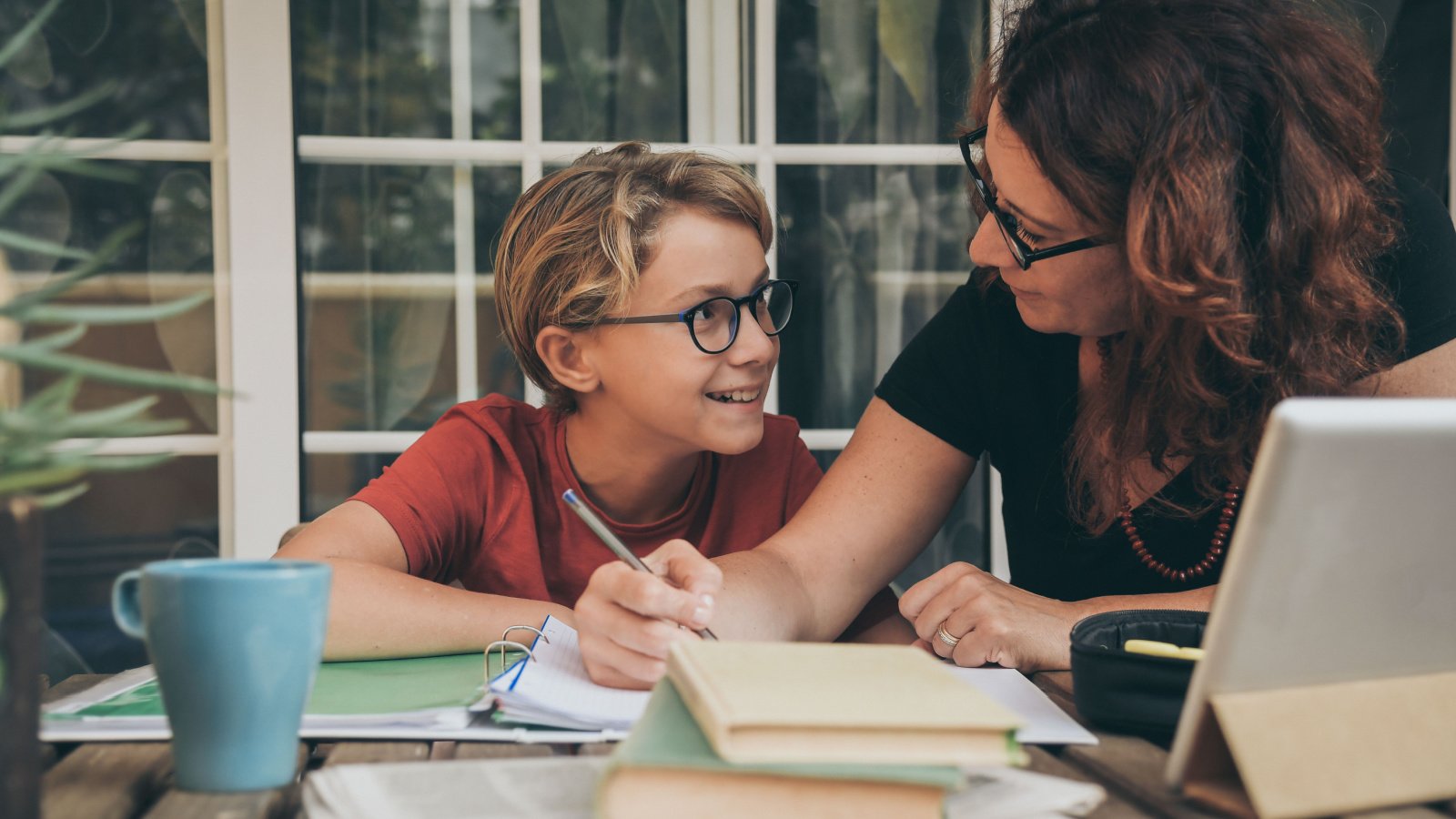
In Russia, there’s a strong emphasis on linguistic prowess, with children often learning multiple languages. This focus on language development enhances cognitive skills, cultural understanding, and communication. The joy of mastering a new language opens doors to new worlds and perspectives. It’s an intellectual journey that connects cultures.
Spanish Siesta

In Spain, the tradition of the siesta is a reminder of the importance of rest in our daily lives. This midday break allows children and parents to recharge, leading to increased productivity and well-being. It’s a practice that values balance and the rejuvenating power of rest. In the fast-paced world, it’s a gentle nudge to slow down and breathe.



